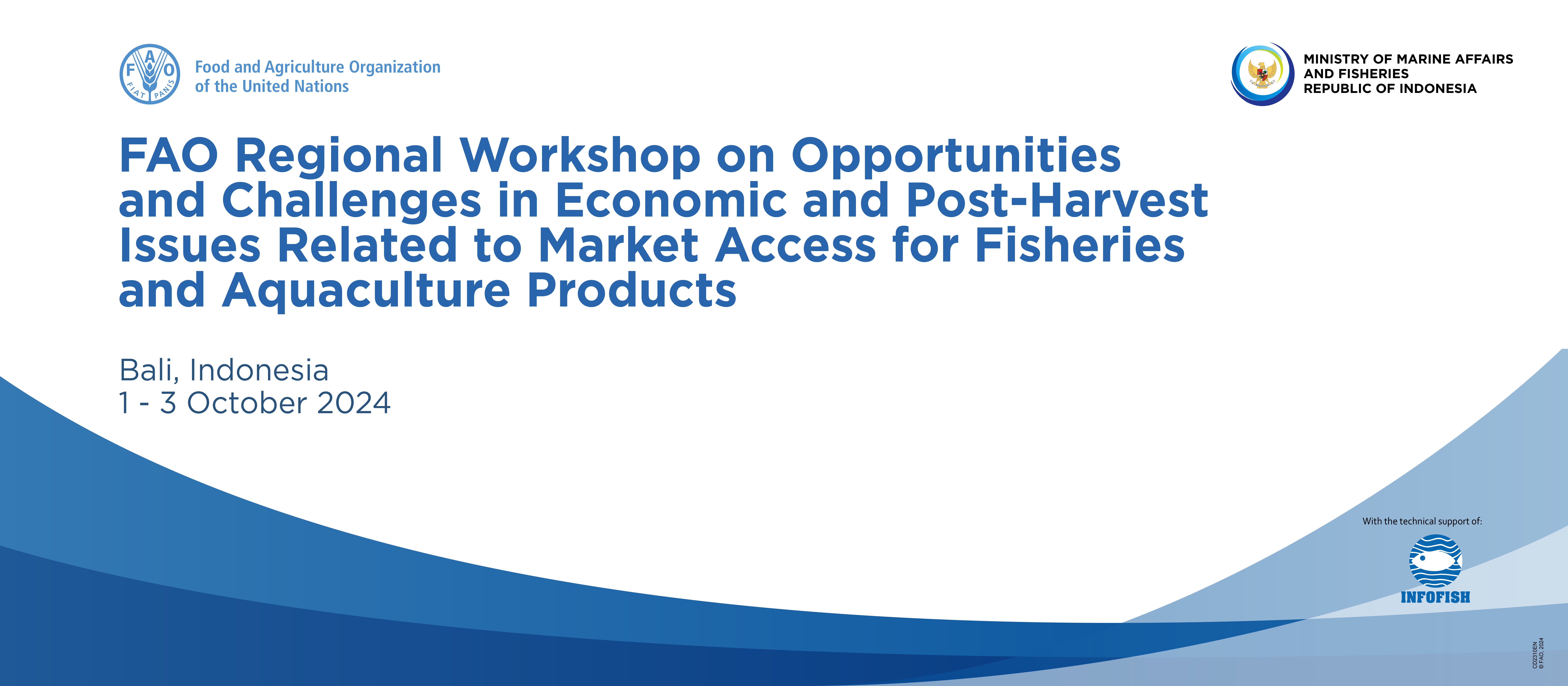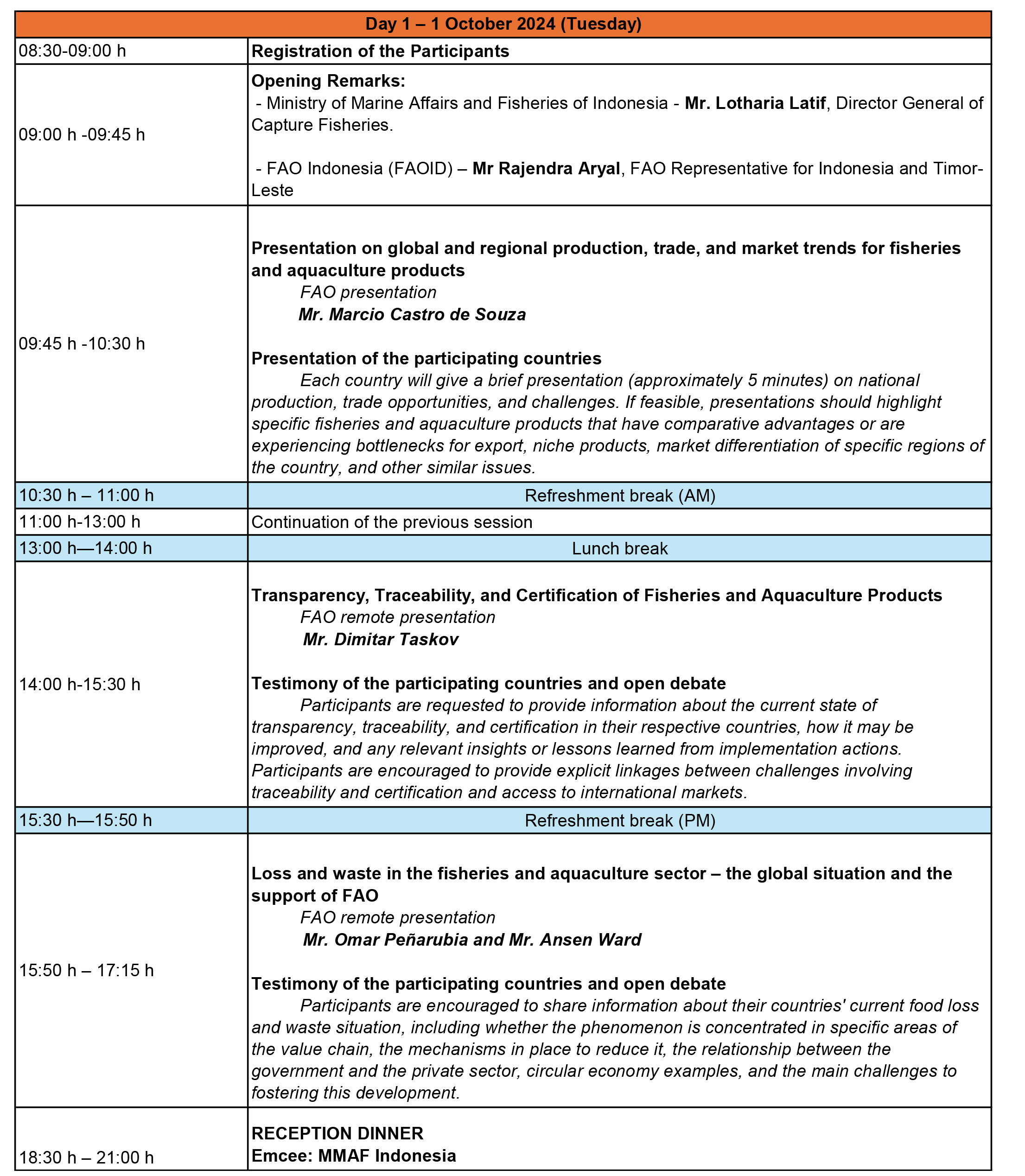
AGENDA

QUICK LINK
CONTACT DETAILS
Email: nurshamin@infofish.org
+6010 200 1154
Aftar Aris (INFOFISH)
Email: aftar@infofish.org
+6013 203 8775


©2025 - 2026 INFOFISH. ALL RIGHTS RESERVED. DESIGNED BY INFOFISH
Wir bieten unseren Kunden mit nützlichen Informationen und Ratschläge, die sie benötigen, fundierte Entscheidungen zu treffen, ihre Ziele zu erreichen. Ob es sich um die Verwaltung von Kundeninvestitionen oder einen umfassenden Plan für sie zu schaffen und ihre Familie sind unsere zertifizierten Planern gewidmet mit einem außergewöhnlichen Service zu bieten.
Deshalb, im Laufe der Jahre konnten wir einen Ruf als einer der besten unabhängigen Beratern zu bauen. Wir verstehen die Bedeutung der Kunden auf dem richtigen Weg zum Erfolg bringen, und wir sind bereit, mit ihnen der Planung in allen Bereichen zu arbeiten.
These Website Standard Terms and Conditions written on this webpage shall manage your use of this website. These Terms will be applied fully and affect to your use of this Website. By using this Website, you agreed to accept all terms and conditions written in here. You must not use this Website if you disagree with any of these Website Standard Terms and Conditions.
Minors or people below 18 years old are not allowed to use this Website.
Other than the content you own, under these Terms, Buckle LLC and/or its licensors own all the intellectual property rights and materials contained in this Website.
You are granted limited license only for purposes of viewing the material contained on this Website.
You are specifically restricted from all of the following
Certain areas of this Website are restricted from being access by you and Buckle LLC may further restrict access by you to any areas of this Website, at any time, in absolute discretion. Any user ID and password you may have for this Website are confidential and you must maintain confidentiality as well.
In these Website Standard Terms and Conditions, “Your Content” shall mean any audio, video text, images or other material you choose to display on this Website. By displaying Your Content, you grant Buckle LLC a non-exclusive, worldwide irrevocable, sub licensable license to use, reproduce, adapt, publish, translate and distribute it in any and all media.
Your Content must be your own and must not be invading any third-party’s rights. Buckle LLC reserves the right to remove any of Your Content from this Website at any time without notice.
This Website is provided “as is,” with all faults, and Buckle LLC express no representations or warranties, of any kind related to this Website or the materials contained on this Website. Also, nothing contained on this Website shall be interpreted as advising you.
In no event shall Buckle LLC, nor any of its officers, directors and employees, shall be held liable for anything arising out of or in any way connected with your use of this website whether such liability is under contract. Buckle LLC, including its officers, directors and employees shall not be held liable for any indirect, consequential or special liability arising out of or in any way related to your use of this Website.
You hereby indemnify to the fullest extent Buckle LLC from and against any and/or all liabilities, costs, demands, causes of action, damages and expenses arising in any way related to your breach of any of the provisions of these Terms.
If any provision of these Terms is found to be invalid under any applicable law, such provisions shall be deleted without affecting the remaining provisions herein.
Buckle LLC is permitted to revise these Terms at any time as it sees fit, and by using this Website you are expected to review these Terms on a regular basis.
The Buckle LLC is allowed to assign, transfer, and subcontract its rights and/or obligations under these Terms without any notification. However, you are not allowed to assign, transfer, or subcontract any of your rights and/or obligations under these Terms.
These Terms constitute the entire agreement between Buckle LLC and you in relation to your use of this Website, and supersede all prior agreements and understandings.
These Terms will be governed by and interpreted in accordance with the laws of the State of New York, and you submit to the non-exclusive jurisdiction of the state and federal courts located in New York for the resolution of any disputes.